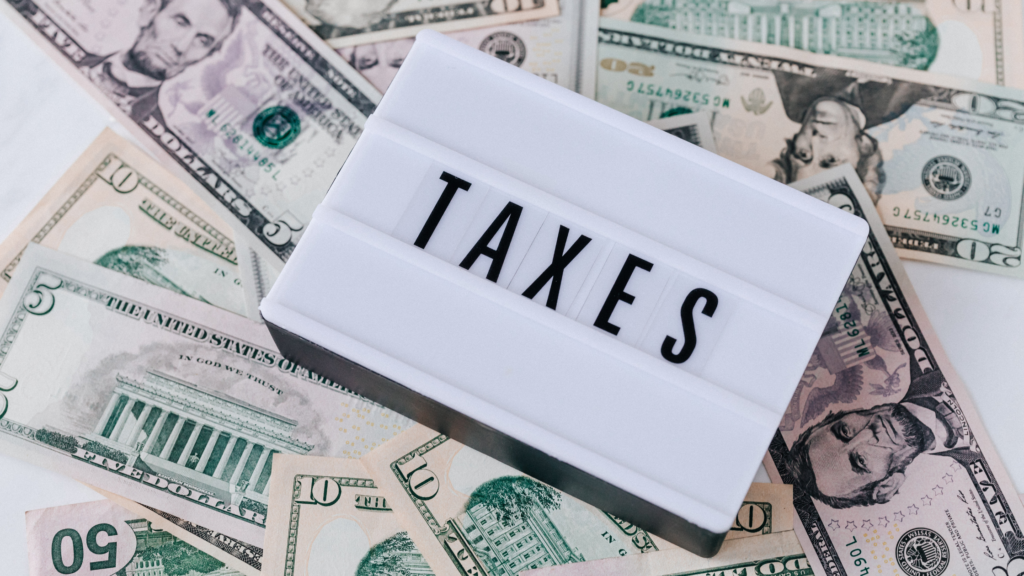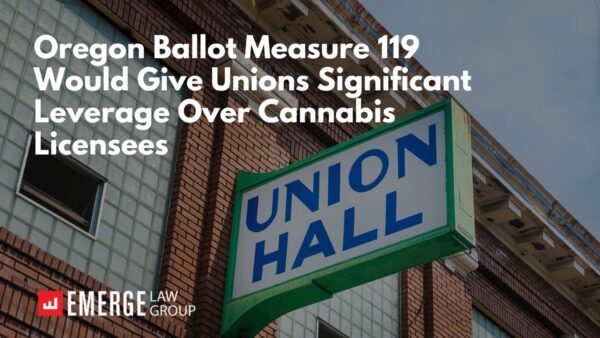If a tax practitioner tells you the Tax Court cases of CHAMP and Olive are singularly unfavorable to cannabis businesses, he or she is not telling you the whole story. In both cases, the court was faced with the unfriendly language of IRC § 280E. In both cases, the outcome would have been worse for the taxpayer if the court had not used its discretion to make favorable determinations on key issues.
The Ninth Circuit opinion in Olive v. Commissioner (link is to pdf) may indicate the Ninth Circuit is continuing this trend. The opinion appears to provide subtle, but much needed, support for the “non-trafficking trade or business” model made famous in the CHAMP case. Summarizing briefly, the model essentially allows a cannabis business that includes substantial non-trafficking business activities to reasonably allocate expenses to a non-trafficking trade or business, thereby permitting deduction of 100% of the allocated portion of the expense.
Right now, many CPAs are loathe to sign a tax return that respects a non-trafficking trade or business. This may be because of an argument made by Edward Roche in his respected 2013 journal article on the taxation of cannabis businesses. Professor Roche, in an article is of considerable breadth, laid out in detail the complex legal arguments needed for a retail cannabis business to permissibly pay federal income taxes at sustainable levels.
However, one of Professor Roche’s conclusions was that the tax law makes it difficult to establish a second trade or business and therefore difficult to treat that business as non-trafficking for purposes of IRC § 280E. Appearing to follow the Tax Court’s lead in Olive, he applied a multi-factor analysis from the Trupp case applying the rules of IRC § 183, relating to hobby losses, to the question. He did not, however, consider accounting method cases under IRC § 446, which also address the issue and are likely in some cases be more favorable to the taxpayer.
The Ninth Circuit’s analysis in Olive, in contrast, comes close to suggesting single factor test for identifying a second trade or business. The court provides an analogy to a book-store that either (A) provides free coffee and cookies, etc., or (B) charges for coffee and cookies, etc. In the first example, there is one trade or business. In the second, there are two trades or businesses. Although the treatment of the issue is almost cursory, and appears to be offered merely to distinguish Martin Olive’s facts from the facts in CHAMP, it is arguably more consistent with the way multiple trades or businesses are treated in the accounting method cases.
So what is the takeaway from this newest piece of IRC § 280E law? As always in tax, facts are king. Cannabis businesses with significant non-trafficking activities should work with a specialist in this area to determine whether those activities rise to the level of a non-trafficking trade or business. If they do, a written plan should be put in place to reinforce that determination and, if appropriate, offer penalty protection to the business. If they do not, it is reasonable to ask what substantive changes could be made to the way the business operates to change the determination.
If the CPA is not on board, a dialogue needs to occur with the CPA. The question is, what will give the CPA comfort that he or she can sign a tax return consistent with the plan? As was clear in CHAMP, and is now clear from the Ninth Circuit opinion in Olive, a decision to operate a cannabis business as a single trade or business for tax purposes can significantly reduce the amount of money the business generates for its owners on an after-tax basis.





